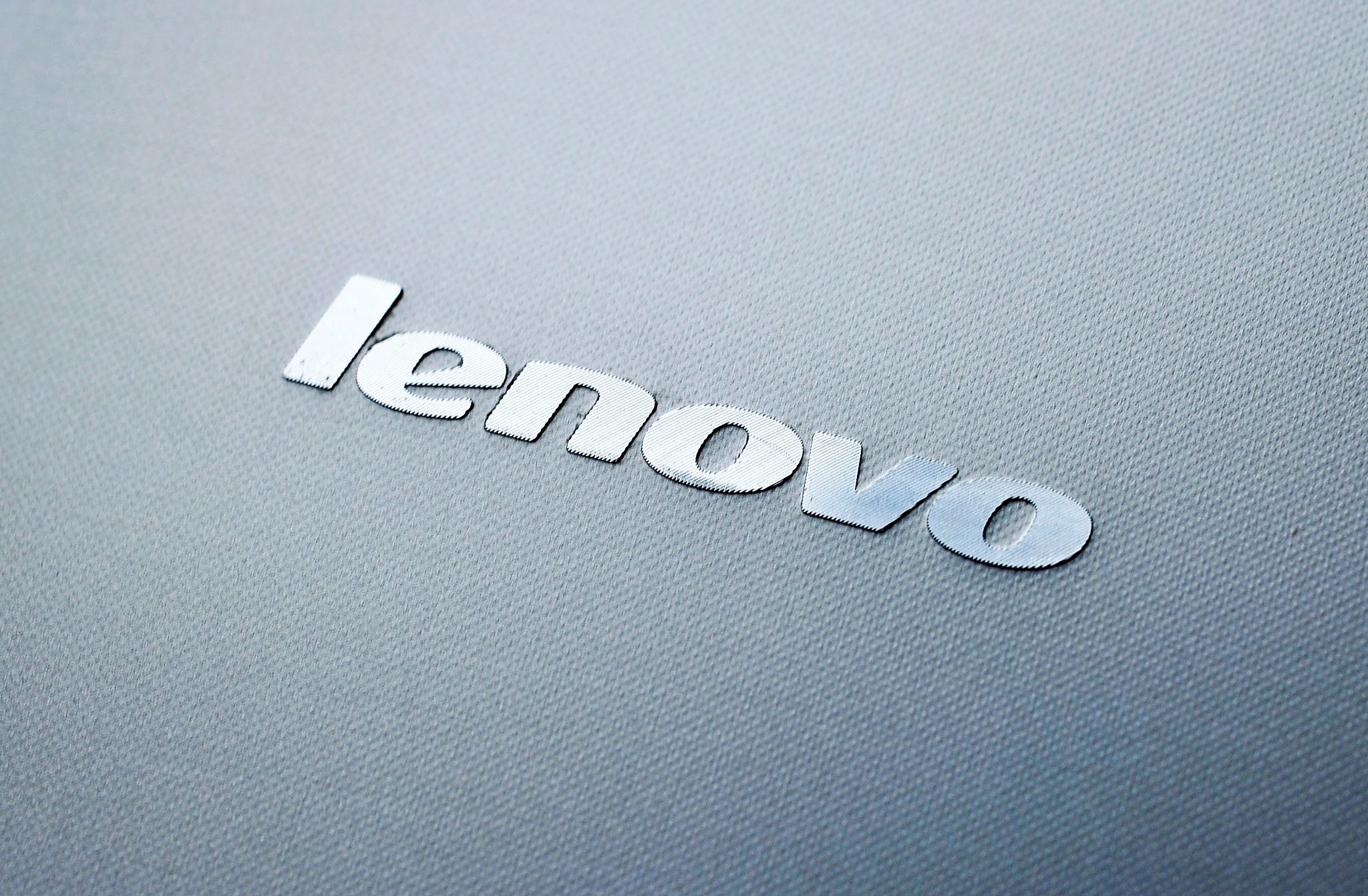Lenovo, Synaptics, Intel and PayPal are teaming up to replace passwords with your fingerprint

All the latest news, reviews, and guides for Windows and Xbox diehards.
You are now subscribed
Your newsletter sign-up was successful
Lenovo has announced that it is working with Intel, PayPal and Synaptics to bring FIDO-enabled fingerprint authentication to its PCs. Leveraging Intel's hardware security and Synaptics' fingerprint sensor tech, FIDO authentication on Lenovo laptops would allow users to sign into FIDO-enabled services such as PayPal without the need for a password.
The ultimate goal, according to Lenovo, lines up with that of the FIDO Alliance itself: to combat fraud by replacing the password, which has proven increasingly vulnerable in light of a spate of recent security breaches, with more secure solutions. From Lenovo:
As the use cases for Internet-connected devices grows at the enterprise and consumer level, there is a critical need for highly secure, but unobtrusive methods for protecting identities, data and machines. Lenovo and Intel's shared hardware expertise allows for a unified, built-in security architecture that's more secure, private and hassle free. Likewise PayPal brings its authentication expertise and Synaptics their biometrics knowledge to deliver a much needed alternative solution to the password problem.
Lenovo didn't specify when we should start seeing these FIDO-certified laptops popping up in the wild, but this announcement might mean that our first peek shouldn't be too far off.
All the latest news, reviews, and guides for Windows and Xbox diehards.

Dan Thorp-Lancaster is the former Editor-in-Chief of Windows Central. He began working with Windows Central, Android Central, and iMore as a news writer in 2014 and is obsessed with tech of all sorts. You can follow Dan on Twitter @DthorpL and Instagram @heyitsdtl.
